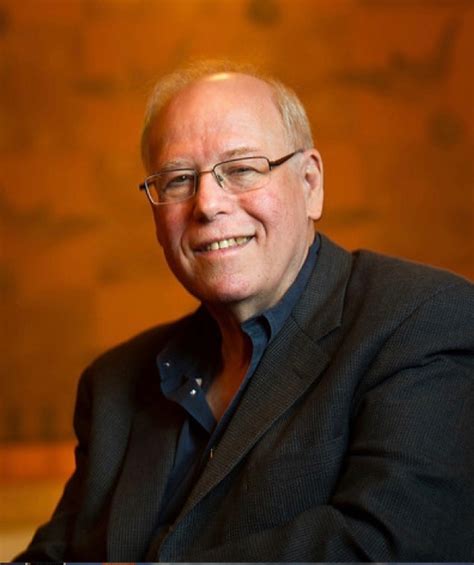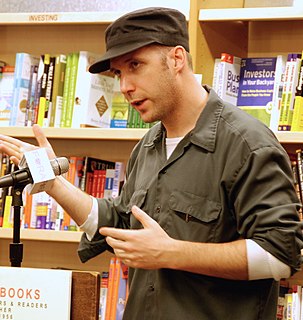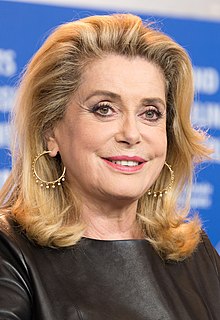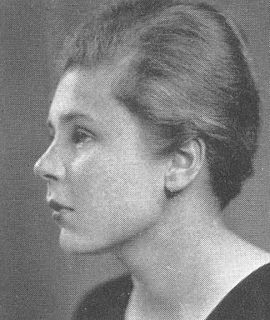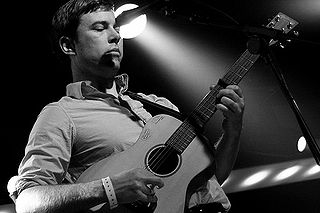A Quote by Tom Stoppard
I like dialogue that is slightly more brittle than life. I have always admired and wished to write one of those 1940s film scripts where every line is written with a sharpness and economy that is frankly artificial.
Related Quotes
When I wrote my first film and then directed it and I looked at it for the first time on what's called an assembly, you look at this movie which is every scene you wrote, every line of dialogue you wrote and you want to kill yourself the minute you see it. It's like, 'How did I write something so horrible?'
I figured I’d probably write 50 scripts in my life. Out of those 50, I figured maybe five would be produced, and that maybe one or two would be successful. So I always kind of expected I’d write at least one successful film in my life. [...] The way it all came together was kind of like Murphy's law in reverse—I don’t expect that kind of experience again any time soon.
I started writing because I wanted to write scripts, but I wasn't very good at it. Then I started writing short stories, sort of as treatments for the film scripts, and I found I enjoyed writing short stories far more than I enjoyed writing film scripts. Then the short stories got longer and longer and suddenly, I had novels.
I cross things out more than I write them. And if I try to sing a line, and I know that it's written incorrectly, I get this weird sort of physical nausea, and my mouth curls up all strange. I guess that's why I always write the words first: because, if everything feels okay, I'm ready to put it to music.




